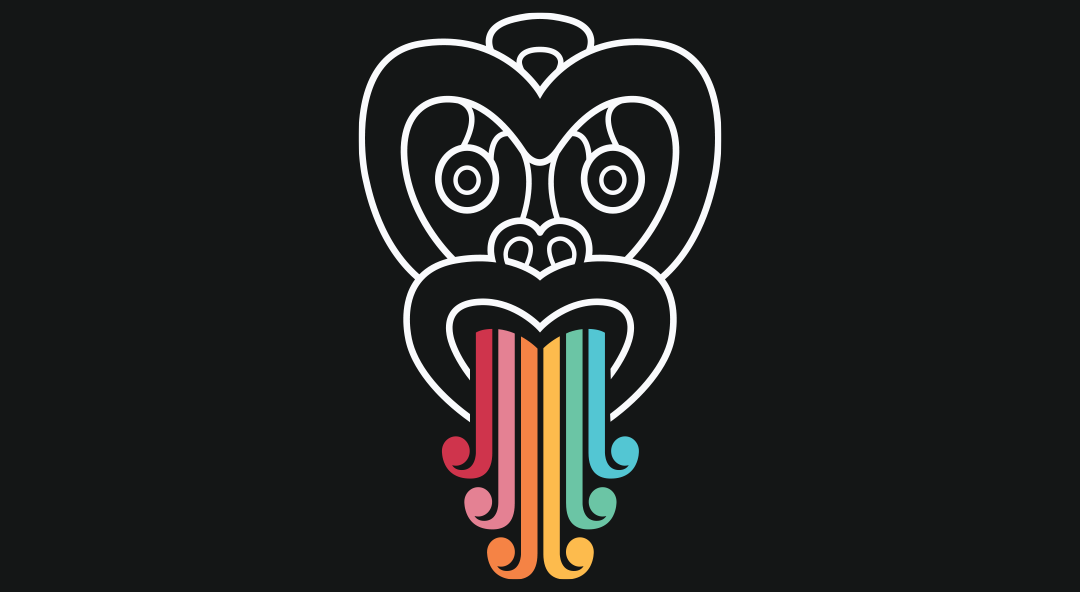For Te Wiki o te Reo Māori, we’re highlighting some of the latest research on reo revitalisation. Kia kaha te reo Māori!
This year, Te Wiki o te Reo Māori marks 50 years since the Māori Language Petition was presented to Parliament. In commemoration, Te Taura Whiti I te Reo Māori is asking New Zealanders to share their stories of the battle for a language once pushed to the brink of extinction.
Today, a vibrant research community is exploring the history of te reo Māori, the best way to learn it, and the benefits of doing so for New Zealanders of all ages.
Early data from the University of Auckland’s Growing Up In New Zealand Study revealed that more than three-quarters of the 6000 children in the study had some understanding of te reo Māori by the age of four-and-half-years old.
At the University of Otago, Dr Aroaro Tamati has developed a framework for measuring Māori early childhood development using Māori tools. Her results showed significant positive impacts on children’s development and wellbeing, their desire to speak te reo Māori and their confidence in navigating cultural practices and tikanga.
Similarly, research from Ngā Pae o te Māramatanga has found that kapa haka makes a holistic contribution to the hauora (wellbeing) of Māori, in part because it provides them with space to speak and celebrate their language.
At the University of Canterbury, recent research shows that just by living in NZ, and hearing the Māori language around them, adults automatically begin the early stages of language learning, ‘priming’ the brain for formal lessons.
People who can speak more than one language may be more resilient to mate wareware (dementia) than monolinguals. Research from the University of Auckland has shown that being able to use te reo Māori also enables kaumatua with mate wareware to engage more fully in cultural activities and events – which further slows the progression of the disease.
Other research highlights include efforts to improve the ability of speech recognition technology to understand te reo Māori, and revelations about a massive surge in the uptake of te reo Māori by New Zealand media.
